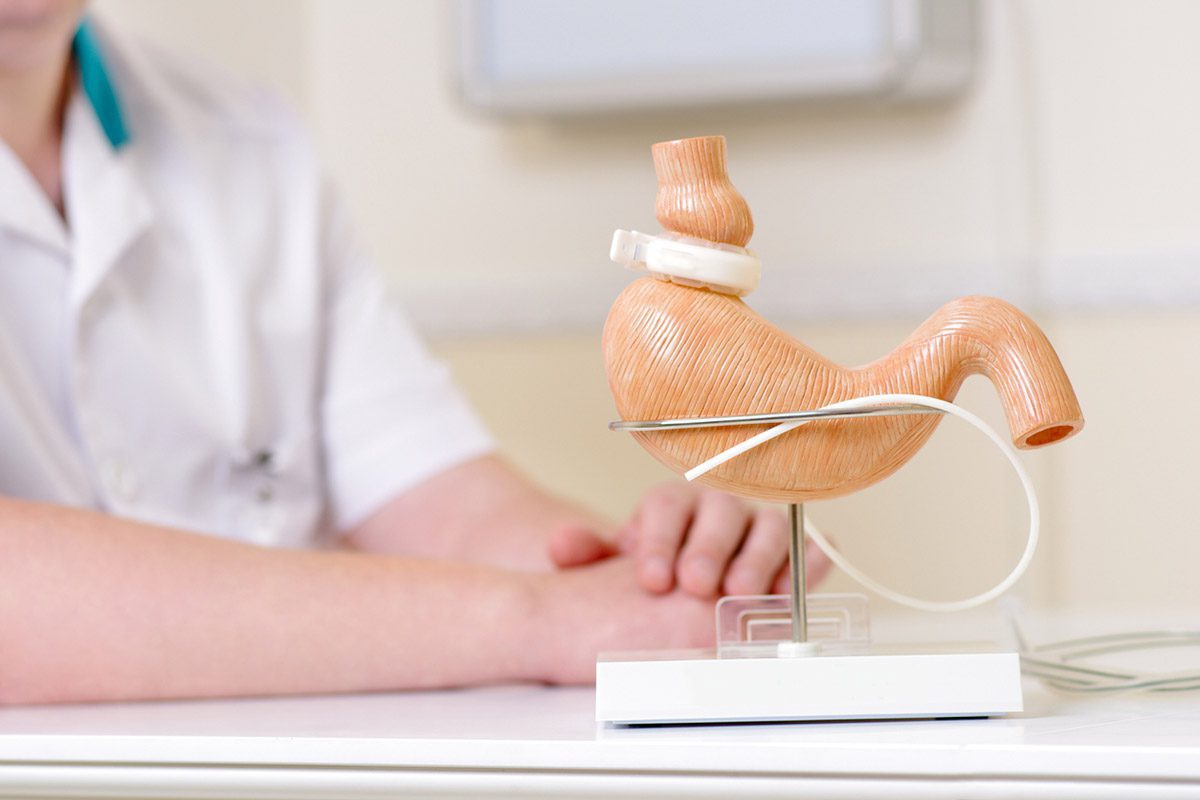Because this piece does not have an abstract, we have provided for your benefit the first 3 sentences of the full text.
To the Editor: We appreciate Dr Rothschild’s thoughtful and insightful comments detailed in his commentary “A Blood Test for Depression?” which was in response to our recently published article, and sought this opportunity to offer our thoughts and viewpoints in response. First and foremost, we share his sense of caution. Indeed, as there have been disappointments in the past regarding a blood test for depression, there is uncertainty and risk in the way forward.
See article by Bilello et al and free Commentary by Rothschild
This work may not be copied, distributed, displayed, published, reproduced, transmitted, modified, posted, sold, licensed, or used for commercial purposes. By downloading this file, you are agreeing to the publisher’s Terms & Conditions.
To the Editor: We appreciate Dr Rothschild’s thoughtful and insightful comments detailed in his commentary “A Blood Test for Depression?”1 which was in response to our recently published article,2 and sought this opportunity to offer our thoughts and viewpoints in response. First and foremost, we share his sense of caution. Indeed, as there have been disappointments in the past regarding a blood test for depression, there is uncertainty and risk in the way forward. Also true is that statistical power is a direct function of sample sizes, and while both our study design and our data analysis stood up to 3 independent external statistical reviews, larger sample sizes would place us in a better position to conduct exploratory, post hoc analyses potentially involving subtypes of depression. Other important issues raised by Rothschild are the need to explore cost-effectiveness and the need to develop tools that can predict clinical outcome—the present study was not designed to answer these questions. There are 2 areas, however, in which we would like to voice our respectful disagreement.
The less important of the 2 pertains to the issue of heterogeneity, as stated by the author of the commentary: “Having a biomarker for MDD [major depressive disorder] is like having a biomarker for all cancers, regardless of tissue source.”(p e218) Indeed, the underlying pathophysiology and causes of malignancies are presumed to vary greatly. However, their diagnosis is incredibly similar (an imaging test accompanied by a biopsy showing atypical cells with or without margin infiltration). Similarly, it may be possible that assessing common physiologic pathways associated with depression could aid in concluding a diagnosis without detailing the process that led to each individual case. We agree that a single biomarker would not provide diagnostic information but believe that the 9 biomarkers used in assessing MDD reflect the status of the common disease pathways in an objective manner to help improve the likelihood of an accurate diagnosis.
More importantly, however, we strongly disagree with the position that a diagnostic test for depression would have limited utility, a position illustrated by the phrases “What remains unclear is whether the test provides added value for the diagnosis of MDD above and beyond what a trained clinician can do without the test”(p e218) and “Is the test better than the diagnostic acumen of a board-certified psychiatrist or other mental health professional using well-studied DSM-5 criteria for MDD?”(p e218) These statements are surprising given that the author credits this very quest for having launched his career decades ago. The lessons from the field trials of the DSM-5 with respect to MDD diagnosis are in striking contrast to the notion that the DSM-5 makes the correct diagnosis of MDD facile. For MDD, the κ in the field trials was a mere 0.28; as a result, the authors of one report described its reliability as “questionable” and also alluded to the problem as an “old thorn” in the title of their work.3 Of note, the requirements for clinicians to participate in the field trials were that they be from the psychiatric/mental health field, with at least 2 postgraduate years of psychiatric training (ie, more than a typical family physician and internist), and, further, that they received training as part of the study.4 Ultimately, though, it is the frequency at which the MDD diagnosis is missed and the frequency with which our colleagues in other medical fields refer their patients for diagnostic clarification that testify to an existing need for diagnostic aid. In the meantime, simply reciting DSM-5 criteria to them, in our experience, does little to allay their concerns.
References
1. Rothschild AJ. A blood test for depression? J Clin Psychiatry. 2015;76(2):e218-e219. PubMed doi:10.4088/JCP.14com09515
2. Bilello JA, Thurmond LM, Smith KM, et al. MDDScore: confirmation of a blood test to aid in the diagnosis of major depressive disorder. J Clin Psychiatry. 2015;76(2):e199-e206. PubMed doi:10.4088/JCP.14m09029
3. Freedman R, Lewis DA, Michels R, et al. The initial field trials of DSM-5: new blooms and old thorns. Am J Psychiatry. 2013;170(1):1-5. PubMed doi:10.1176/appi.ajp.2012.12091189
4. Clarke DE, Narrow WE, Regier DA, et al. DSM-5 field trials in the United States and Canada, part 1: study design, sampling strategy, implementation, and analytic approaches. Am J Psychiatry. 2013;170(1):43-58. doi:10.1176/appi.ajp.2012.12070998 PubMed
Author affiliations: Department of Psychiatry, Massachusetts General Hospital, Boston (Drs Papakostas and Henry); Department of Psychiatry, University of Alabama, Birmingham (Dr Shelton); and Research and Development, Ridge Diagnostics Inc, Research Triangle Park, North Carolina (Dr Bilello).
Potential conflicts of interest: See original publication for potential conflicts of interest (J Clin Psychiatry 2015;76[2]:e199-e206).
Funding/support: The study discussed in this letter was supported by Ridge Diagnostics, Inc.
J Clin Psychiatry 2015;76(8):e1038
dx.doi.org/10.4088/JCP.15lr10018
© Copyright 2015 Physicians Postgraduate Press, Inc.
This PDF is free for all visitors!





